News and Events
Showing 91 to 120 of 457 results

Sharing Tools to Evaluate the Impact of COVID-19 Recovery Measures
On March 5th, CESR led a skill-sharing session with members of EuroMed’s Economic and Social Rights Working Group, which explored ways to assess economic responses to COVID-19 through a human rights lens.

CESR Welcomes Scotland’s Commitment to Enshrining Human Rights Budgeting in Law
Scotland has achieved a historic milestone as its government announced new legislation that incorporates a set of human rights recommendations to guarantee adequate standards of living for all. CESR has been proud to support the work of the Scottish Human Rights Commission, a key institution in this accomplishment, that also mandates human rights are taken into account and respected during the budgetary process.
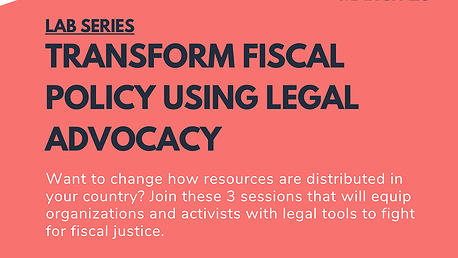
Transform Fiscal Policy Using Legal Advocacy - Lab Series
Between February 23rd and March 25th, CESR and allies will be hosting a series of laboratories on how to use litigation and legal advocacy to transform how resources are distributed.
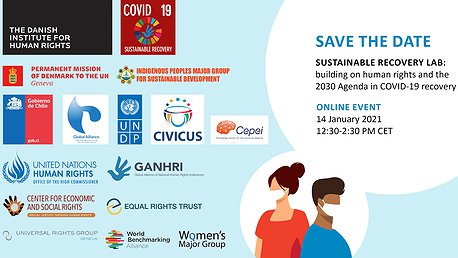
Building Back Better or Building Anew? CESR Advocates for a Just and Sustainable Recovery at UN Forums
On January 14th, CESR took part in two UN-related events focused on using the SDGs to build a human rights-based recovery to the COVID-19 pandemic.
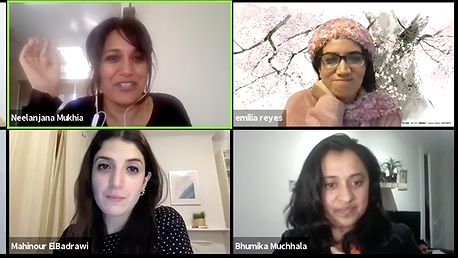
CESR participates in the Global South Women's Forum on Disrupting Macroeconomics
From 14-18 December 2020, CESR participated in the Global South Women's Forum on Disrupting Macroeconomics, organized by International Women's Rights Action Watch Asia Pacific (IWRAW-AP).

COVID-19: Resourcing Rights | December Round-Up
As this tumultuous and difficult year comes to a close, there is positive news on the horizon. Just last week, the first country launched its national COVID-19 vaccination campaign, with other countries set to follow suit within weeks. There is an end to the pandemic in sight - for some.
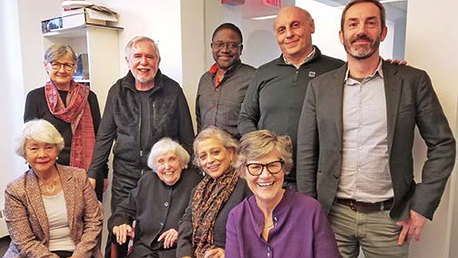
CESR mourns the passing of former board member, Elizabeth McCormack
CESR is saddened to learn of the passing of our former board Secretary, Elizabeth McCormack. Elizabeth sat on CESR’s board from 2009-2019, and was an invaluable member providing unmatched expertise on philanthropy and social justice. Elizabeth lived a long and fascinating life. Born in 1922, she spent her early years as a nun dedicated to education. As president of Manhattanville College in the 1960’s, she led the charge in shifting the school from an elite Catholic women’s college to a secular, co-educational institution.
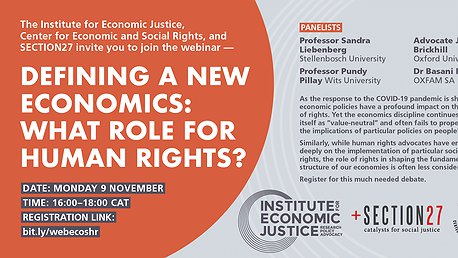
Webinar | Defining a new economics: what role for human rights?
On Monday, November 9th, CESR will be co-hosting a webinar with the Institute for Economic Justice (IEJ) and SECTION27 that asks: what role for human rights in defining a new economics?
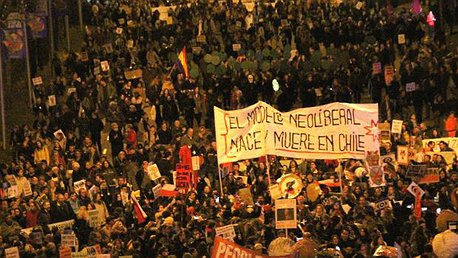
Dialogue on Human Rights and Fiscal Policy in the constituent process in Chile
The October 14th dialogue discussed the importance of addressing fiscal discussions in Chile’s constitutional reform process from a human rights perspective.

Envisioning a rights-based economy: new report from CESR and Christian Aid
Center for Economic and Social Rights (CESR) and Christian Aid are launching a new publication, A Rights-Based Economy: Putting people and planet first. It asks a radical question: what would it would look like if we had an economy based on human rights?

Webinar: Key Insights into Human Rights and Economic Policy Reform
CESR and the University of Nottingham Human Rights Law Centre are delighted to co-host an online discussion on ‘Key Insights into Human Rights and Economic Policy Reform’ on Monday, October 26th.
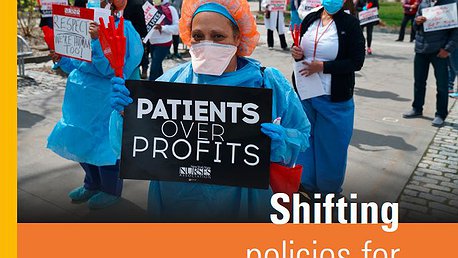
Spotlight Report Outlines "8R Agenda" for Transformational Recovery
The 2020 edition of the Spotlight Report, launched September 17, 2020, argues policy responses to COVID-19 must not return us to the deeply dysfunctional, structurally unequal status quo and offers as an alternative the “8 R” agenda for transformational recovery.
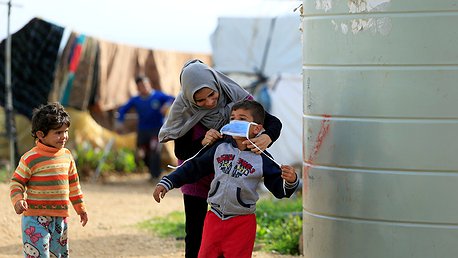
COVID-19: Resourcing Rights | October Round-Up
A round-up of CESR's work on COVID-19 from September and October 2020.
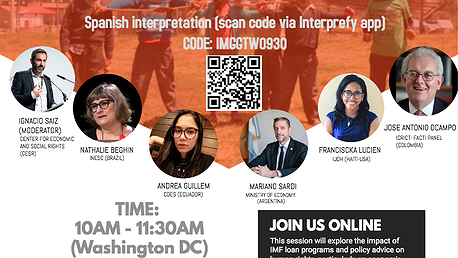
Will the IMF align with human rights and fiscal justice after COVID-19? Lessons from Latin America and the Caribbean
CESR co-organized an event at the Civil Society Policy Forum of the 2020 World Bank Group and IMF Annual Meetings exploring this question.
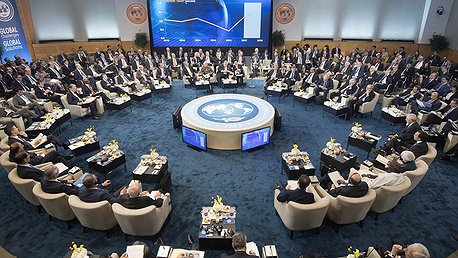
IMF annuals side-event: The Role of IFIs in a World of Intersecting Conflicts and Crises in the Middle East and North Africa
On Friday, October 5, 2020 CESR participated in a session that assessed IFI's policies in contexts of crises and conflicts, mainly in the MENA Region—examining the existing policies and their impact on inequality.

Civil society raises alarm about IMF’s continued backing of austerity amidst pandemic
CESR joins over 500 civil society organizations and academics in issuing a joint letter calling on the IMF to immediately stop promoting austerity around the world, and instead advocate for policies that advance gender justice, reduce inequality.
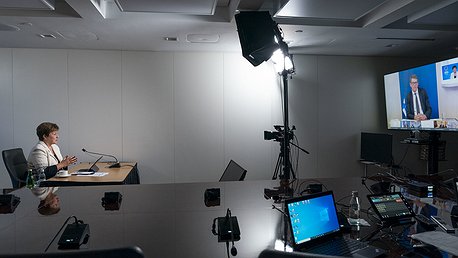
IMF annuals side-event: Changing the rules for a just recovery
On September 30th, CESR's Executive Director, Ignacio Saiz, moderated a panel on "Changing the rules for a just recovery: aligning IMF's work with human rights and fiscal justice in Latin America and he Caribbean".

IMF annuals side-event: The Role of IFIs in a World of Intersecting Conflicts and Crises in the MENA Region
Taking place 5 October 2020, this session will assess IFI's policies in contexts of crises and conflicts, mainly in the MENA Region, by examining the existing policies and their impact on inequality.
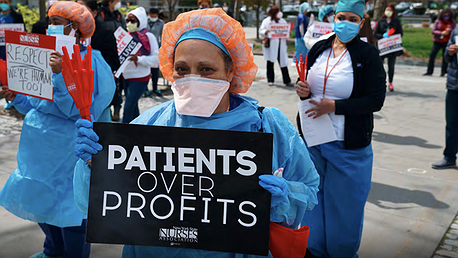
CESR Launches 2020 Spotlight Report
On Friday 18 September, CESR launched the 2020 Spotlight Report with an event featuring CESR Executive Director Ignacio Saiz as a speaker.
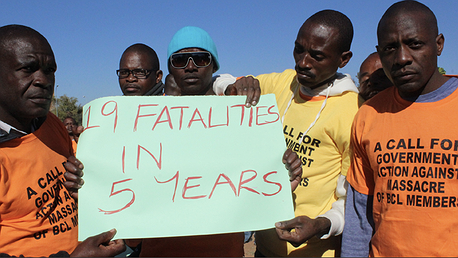
All Risk and No Reward for Botswana’s Miners
Drawing on two years of research and interviews with Botswanan miners, All Risk and No Reward describes how miners are denied access to quality healthcare and adequate and timely compensation for workplace injuries.
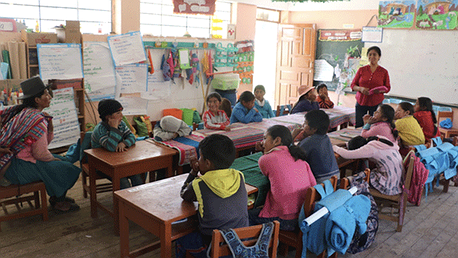
A Marathon, Not a Sprint: Peru Needs Fiscal Reforms to Quell High COVID-19 Death Rate
Sergio Chaparro and Laura Adriaensens on Inter Press Service discuss how Peru has been one of the Latin American countries with the lowest investment in social policies, leading to deep disparities in the realization of social rights.
CESR and Partners Hold Dialogues on Just Economic Recovery from COVID
The Initiative for Human Rights Principles in Fiscal Policy held a series of virtual dialogues with partners aimed at sharing tools and exploring opportunities to advocate for a just economic recovery from the COVID-19 crisis.

Debt Justice Group to IMF: "Defuse Ecuador's Debt Time Bomb!"
A statement on the Progressive International website that was co-drafted by CESR's Allison Corkery, Sergio Chaparro and Ignacio Saiz with partners calls on the IMF to take responsibility for the impact of its disastrous austerity policies on people’s rights.
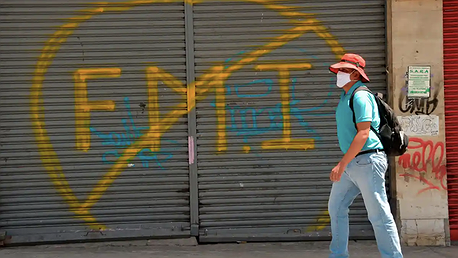
Austerity is Killing Ecuador. The IMF Must Help End this Disaster
An opinion piece in the Guardian by CESR's Allison Corkery with Andrés Chiriboga-Tejada, Jayati Ghosh, Demba Moussa and Adrian Falco, calls on the IMF to examine the human rights impacts of its loan conditions in Ecuador.
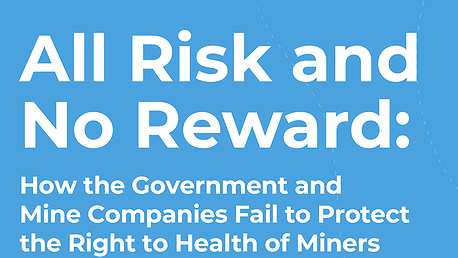
CESR, Partners Publish Study of Botswanan Miners' Right to Health
September 10, CESR and partners are launching their report All Risk and No Reward: How the Government and Mine Companies Fail to Protect the Right to Health of Miners and Ex-Miners in Botswana.
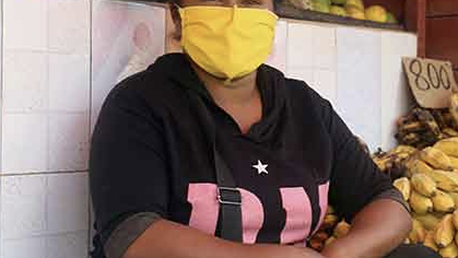
Confronting COVID-19 by Demanding Rights | August 2020 Round-Up
CESR continues to produce work that reflects on economic responses to COVID-19 and related advocacy efforts across movements and countries.
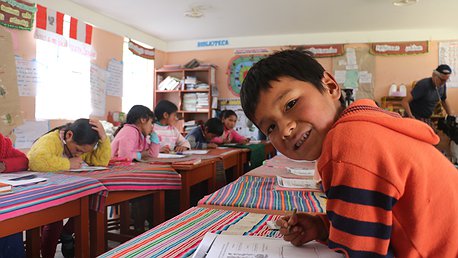
Forging Tools for Fiscal Justice in the Andean Region
Since 2016, CESR has worked with civil society partners in Peru and Colombia to build greater consensus on how public resources can be more equitably generated and distributed, in line with human rights obligations.
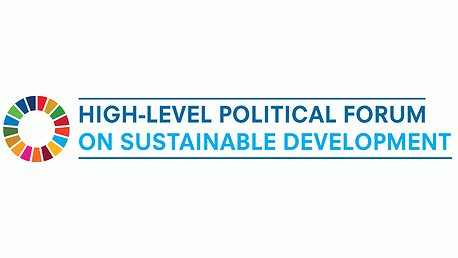
CESR Contributes Proposals for Sharing Economic Benefits ahead of HLPF
CESR contributed to a background paper exploring how economic policy should be transformed to achieve the SDGs and a just recovery from COVID-19, including through greater distributional justice to reduce inequalities.
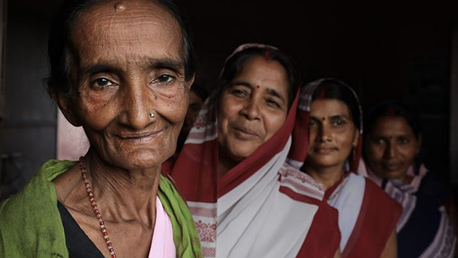
CESR's Kate Donald Discusses Tax Biases Against Women and the Global South
"Taxation for Redistributive Justice: Solutions for Women, People and Planet" discussed tax policy biases that negatively impact women and other disadvantaged groups, as well as countries of the Global South.
.png.458x258_q85_box-0%2C623%2C1700%2C1581_crop_detail.jpg)